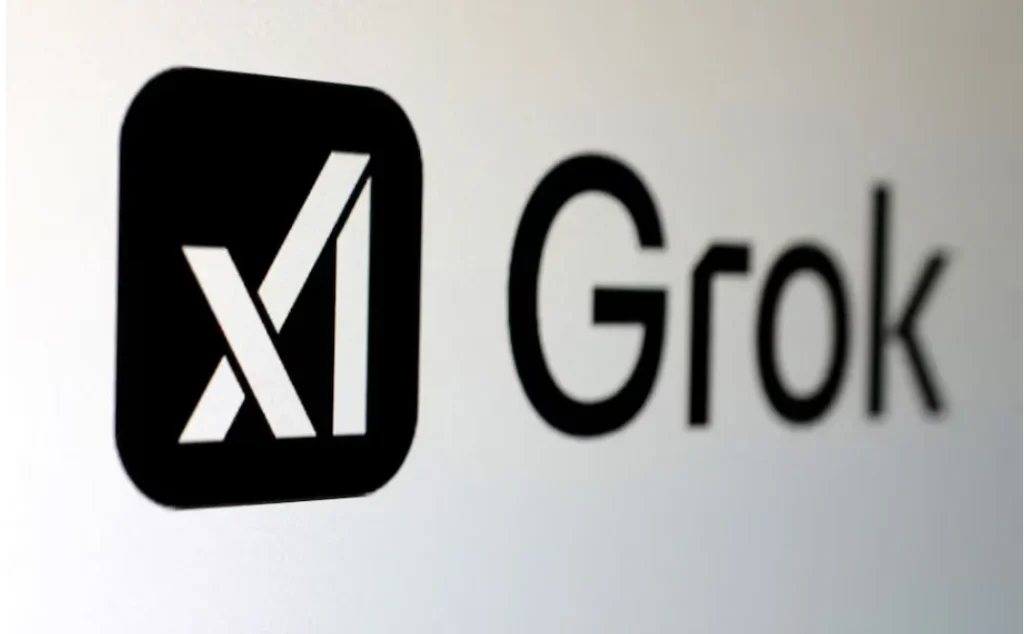Africa Sees Rise in AI-Driven Synthetic Identity Fraud as Traditional Scams Wane
A new Q1 2025 Identity Fraud Report by global verification platform Sumsub reveals a dramatic shift in the fraud landscape across Africa. While traditional scams such as document forgery are sharply declining, synthetic identity fraud, fueled by AI-generated credentials, is rapidly on the rise.
Key Trends in Africa’s Evolving Fraud Landscape
The continent’s overall fraud rate fell slightly to 3.42% in Q1 2025, down from 3.50% in the same period last year. However, this drop conceals a much deeper transformation in how fraudsters operate.
“Africa’s fraud landscape is undergoing a seismic shift. Enhanced verification tools have decimated traditional document forgery, but criminals are adapting with synthetic IDs and AI-powered scams,”
– Hannes Bezuidenhout, VP of Sales for Africa, Sumsub
Country-by-Country Breakdown: Nigeria, Tanzania See Fraud Rate Increases
Despite an overall decline across the continent:
- Tanzania recorded a 4.89% fraud rate, up nearly 10% year-over-year
- Nigeria saw a 4.44% fraud rate, rising by 2.5%
- South Africa experienced a significant 26% decrease in fraud
- Kenya reduced fraud by 15.5%
Even in Nigeria, where the fraud rate rose, document forgery dropped by 80%, a strong indicator of improved identity verification systems.
Similar trends were seen in:
- South Africa: Over 73% drop in document forgery
- Kenya: 45% reduction
- Ghana: 50% decrease
Synthetic Identity Fraud Growing Fast
While traditional fraud is declining, synthetic identity fraud, which uses AI-generated profiles and fake documents, is surging:
- South Africa: Synthetic fraud rose 480%, though still below 0.3% of total verifications
- Tanzania: Over 2% of verifications were synthetic, a 184% increase
- Nigeria: 1.5% of attempts were synthetic, up 192% year-on-year
Despite the rise, Africa’s synthetic identity fraud volumes remain comparable to global averages, showing the trend is worldwide, not isolated.
Financial Services Hit Hardest by Rising Fraud
Sumsub’s report shows that fraud patterns vary by industry:
- Financial services saw a rise in fraud rates.
- IT services, gaming, and social platforms experienced declines
- Professional services and social media still face high risk, with 6% of all verifications flagged as fraudulent
“Fraud prevention is now a race between innovation and adaptation. Businesses must invest in cutting-edge tools that secure their platforms while meeting regulatory standards,”
– Hannes Bezuidenhout, Sumsub
What This Means for Africa’s Fraud Prevention Strategy
The growing use of AI-driven fraud tools demands a fundamental shift in how companies combat identity crime:
- Focus must shift from detecting fake documents to identifying synthetic personas
- Advanced biometric tools, behavioral analytics, and AI fraud detection systems are becoming essential
- Cross-industry collaboration and regulatory compliance will be key to staying ahead of fraudsters












